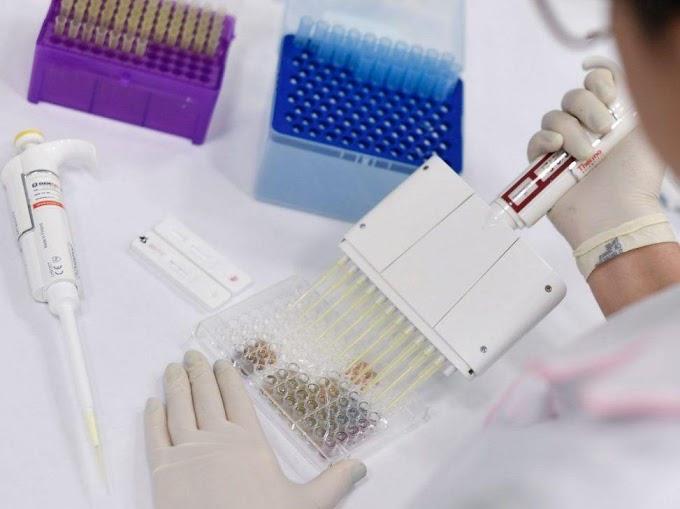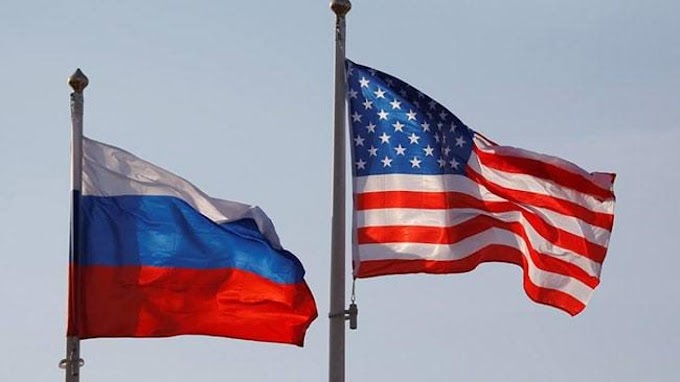CHICAGO, (Reuters) - Early information from preliminaries of three potential COVID-19 antibodies discharged on Monday (Jul 20), including an intently watched applicant from Oxford University, expanded certainty that an immunization can prepare the safe framework to perceive and battle the novel coronavirus without genuine symptoms.
Regardless of whether any of these endeavors will bring about an antibody equipped for ensuring billions of individuals and closure the worldwide pandemic that has asserted in excess of 600,000 lives is still a long way from clear. All will require a lot bigger investigations to demonstrate they can securely forestall contamination or genuine sickness.
The immunization being created by British drugmaker AstraZeneca alongside the Oxford University, prompted an invulnerable reaction in all investigation members who got two dosages with no troubling symptoms.
A coronavirus antibody a work in progress by CanSinoBiologics and China's military exploration unit, in like manner demonstrated that it gives off an impression of being protected and initiated a resistant reaction in the majority of the 508 sound volunteers who got one portion of the immunization, analysts announced.
About 77 percent of study volunteers experienced reactions like fever or infusion site torment, however none viewed as genuine.
Both the AstraZeneca and CanSino immunizations utilize an innocuous cold infection known as an adenovirus to convey hereditary material from the novel coronavirus into the body. Studies on the two antibodies were distributed in the diary The Lancet.
"Generally speaking, the aftereffects of the two preliminaries are extensively comparable and promising," Naor Bar-Zeev and William Moss, two antibody specialists from Johns Hopkins Bloomberg School of Public Health, wrote in an editorial in The Lancet.
In any case, the CanSino up-and-comer again gave indications that individuals who had recently been presented to the specific adenovirus in its antibody had a decreased invulnerable reaction.
The examination creators called that "the greatest hindrance" for the immunization to survive.
German biotech BioNTech and US drugmaker Pfizer discharged subtleties from a little report in Germany of an alternate kind of immunization that utilizes ribonucleic corrosive (RNA) - a substance errand person that contains directions for making proteins.
The antibody trains cells to make proteins that impersonate the external surface of the coronavirus. The body perceives these infection like proteins as remote trespassers and would then be able to mount an invulnerable reaction against the genuine infection.
In the not-yet peer explored investigation of 60 sound grown-ups, the immunization prompted infection killing antibodies in those given two portions, an outcome in-accordance with a past beginning phase US preliminary.
The explosion of declarations followed distribution a week ago of aftereffects of Moderna's immunization preliminary, indicating comparatively encouraging early outcomes. Moderna's antibody additionally utilizes a delegate RNA stage.
"It's empowering that every one of these immunizations appear to actuate antibodies in individuals," said previous World Health Organization (WHO) right hand chief general Marie-Paule Kieny of the French examination foundation Inserm. "This demonstrates the science is pushing ahead rapidly, which is a decent sign."









0 Comments